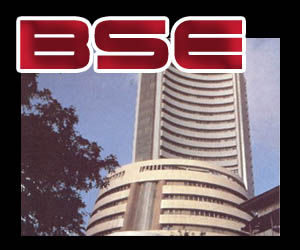World Market Review By Nirmal Bang
 Asian stocks rose for the first time in four days, led by companies reliant on overseas sales, after U. S. service industries returned to growth following 11 months of contraction and commodity prices gained.
Asian stocks rose for the first time in four days, led by companies reliant on overseas sales, after U. S. service industries returned to growth following 11 months of contraction and commodity prices gained.
U. S. service industries expanded in September for the first time in a year as the emerging recovery spread from housing and factories to the broader economy. The Institute for Supply Management's index of non? manufacturing businesses, which make up almost 90% of the economy, rose to 50.9, higher than forecast, from 48.4 in August, according to the Tempe, Arizona? based group. Fifty is the dividing line between expansion and contraction.
Europe's manufacturing and services industries expanded more than initially estimated in September, adding to signs the economy is gaining steam after the worst recession in six decades. A composite index of both industries in the euro? area economy rose to 51.1, up from 50.4 in August and higher than an initial estimate of 50.8, London? based Markit Economics said today in a statement. A reading above 50 indicates expansion and the gauge, which is based on a survey of purchasing managers, had remained below that level for 14 months before topping it in August. Economists had projected the index would rise to 50.9 in September, according to a Bloomberg News survey.
Australia's trade deficit narrowed in August as a decline in imports of oil and consumer goods outpaced a drop in exports including coal. The shortfall narrowed to A$1.52 bn ($1.33 bn) from a revised A$1.78 bn in July, the Bureau of Statistics said in Sydney today. The median estimate in a Bloomberg survey of 19 economists was for a A$900 mn gap.
The dollar fell against the yen and euro as the Independent newspaper reported China, Japan and the Gulf states may stop using the U. S. currency for oil trading, switching to a basket of currencies.